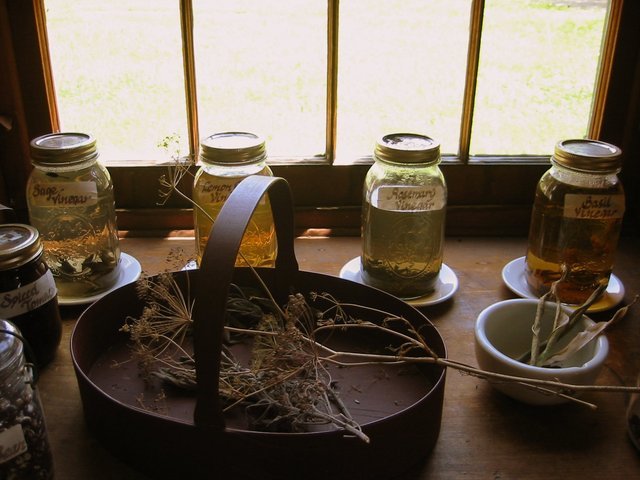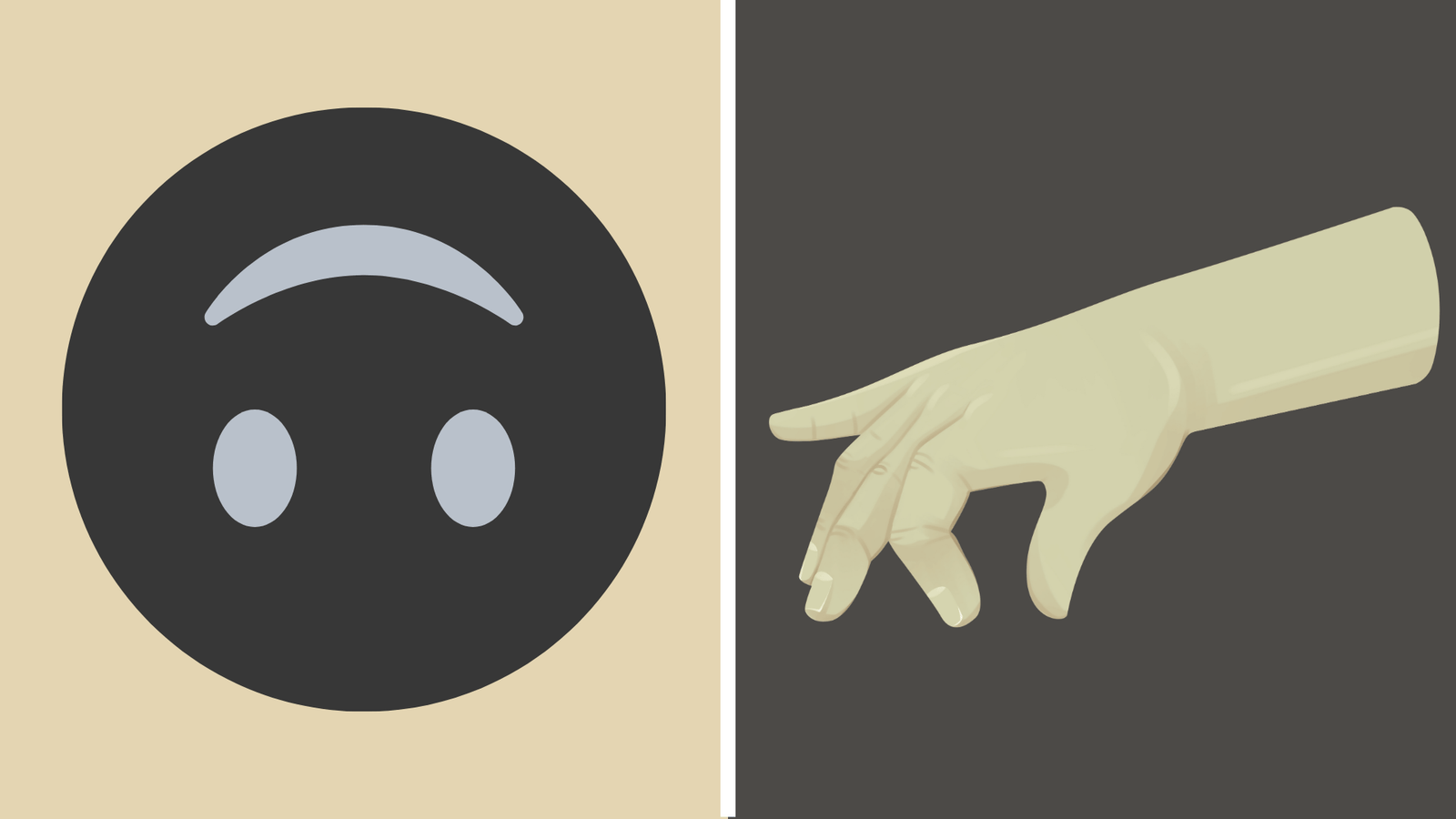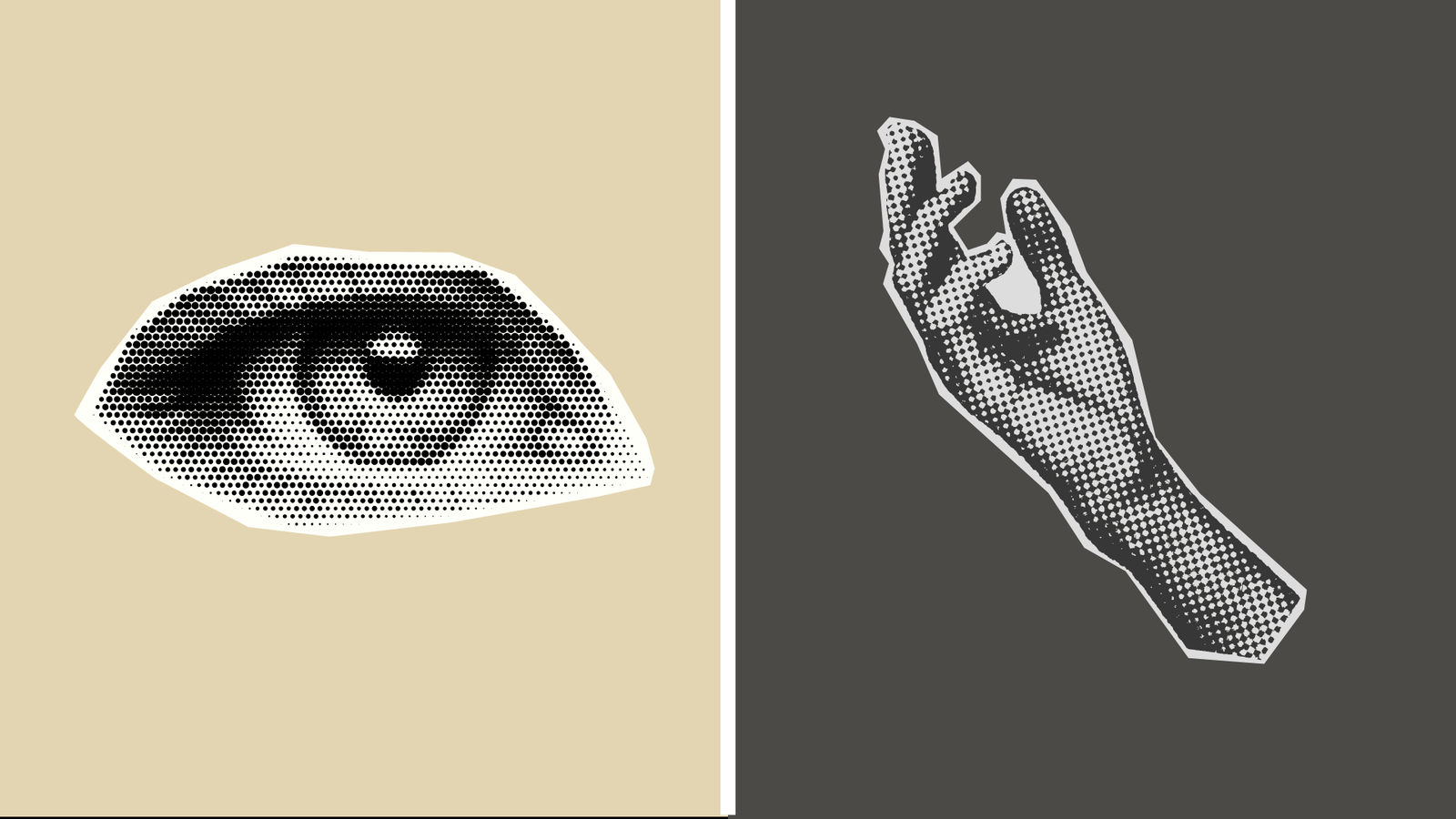There are currently a lot of different types of vinegar on the market but where did vinegar originate from?
This blog post will briefly cover the history of vinegar and its origins. If you wish to learn more about the different types of vinegars please visit our other blog post here.
Origins
Vinegar predates a lot of modern cooking with ties all the way back to the ancient Babylonians around 3000 BC. The Babylonians primarily made their vinegars from what was available to them; dates, figs, and beer were most common and used for both culinary and medicinal purposes.Traces of vinegar have also been found in Egyptian urns.
In East Asia, the Chinese began professionalizing vinegar products in the Zhou Dynasty. Going as far as to many noble and royal households having a ‘vinegar maker’ as a specialized position. The majority of the production of vinegar was concentrated in what is modern day Shanxi provider near the city Taiyuan which to this day remains a famous vinegar making region. With many of the ancient medical and culinary uses of the vinegars were written down in the agricultural manual Qimin Yaoshu (齊民要術).
The Greeks and the Romans also used vinegars but largely those made from wine. The Spartans used vinegar as one of the main ingredients in their traditional broth ‘Meral Zomos’ (aka black soup). Which is made from boiled pigs legs, blood, salt, and vinegar. The vinegar acts as an emulsifier to keep the blood from clotting during the cooking process.
During the Middle Ages, the first isolated acetic acid by distilling vinegar was discovered by Islamic scholars such as Geber (Jabir ibn Hayyan). They also slowly started to professionalize the making of vinegar throughout Europe but most notably within the French city of Orléans. Orléans became quite famous for the quality of its vinegars through a formalized fermentation and aging process which (unsurprisingly) became known as the Orléans process.
During this same period, England began to develop alegar which is now known as malt vinegar. Italy also was getting into the vinegar game with the introduction of balsamic vinegar but wouldn’t be known for this until the Napoleonic Wars after being sold abroad by French Troops.
19th Century & Beyond
As with many things during the 19th century, industrialization and scientific analysis took hold. Vinegar production underwent many of its own changes during this period. The first large scale industrial process for vinegar was invented by Karl Sebastian Schüzenbach in the Kingdom of Baden in 1823. It was known as a packed generator, which circulated alcohol over beechwood shavings to reduce fermentation times from several months down to 1-2 weeks. This process also facilitated the rise of vinegar made from pure alcohol called spirit vinegar or distilled white vinegar.
Japan also began with a similar industrialization of vinegar when Matazaemon Nakano ( a man from a traditional sake brewing family) discovered sake lees (deposits of deadyeast or residual yeast) could be used to make rice vinegar.
In the 20th century, vinegar production again was revolutionized. A new submerged fermentation process that cut production times down to 1-2 days. This huge change allowed for massive production of cheap vinegar around the world.
Fun Facts
- According to legend, in France during the Black Plague, four thieves were able to rob houses of plague victims without being infected themselves. When finally caught, the judge offered to grant the men their freedom, on the condition that they revealed how they managed to stay healthy. They claimed that a medicine woman sold them a potion made of garlic soaked in soured red wine (vinegar). Variants of the recipe, called Four Thieves Vinegar, have been passed down for hundreds of years and are a staple of New Orleans hoodoo practices.[56][57]
- When baking soda and vinegar are combined, the bicarbonate ion of the baking soda reacts to form carbonic acid, which decomposes into carbon dioxide and water
- November 1st is National Vinegar Day
- The word vinegar derives from the Old French vinaigre, meaning “sour wine.”




